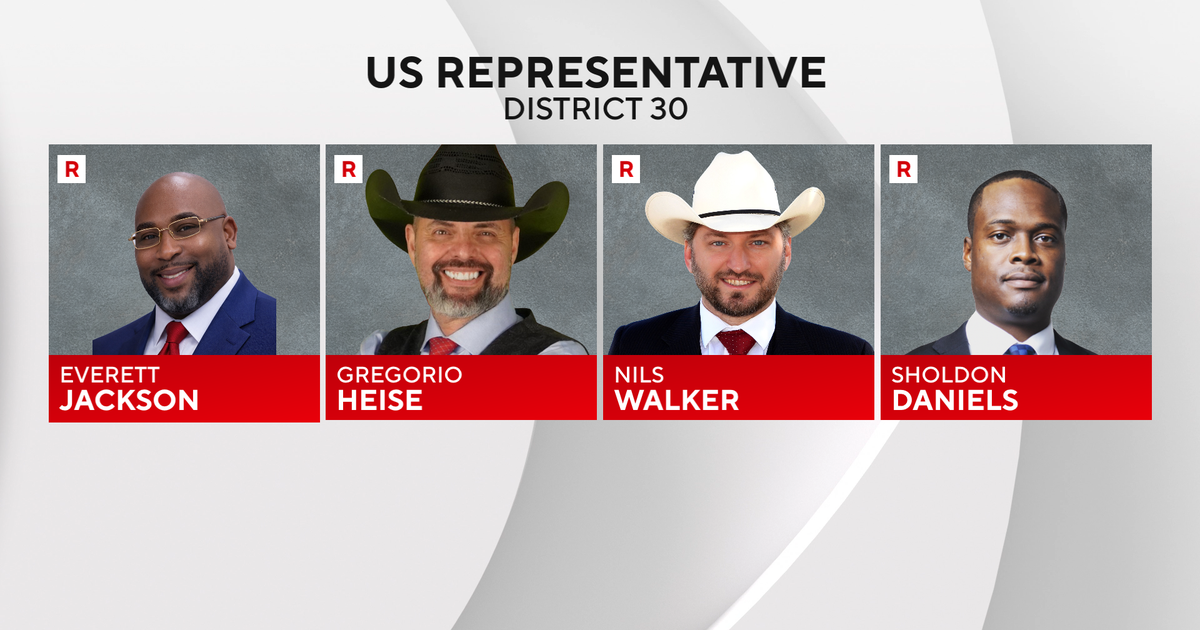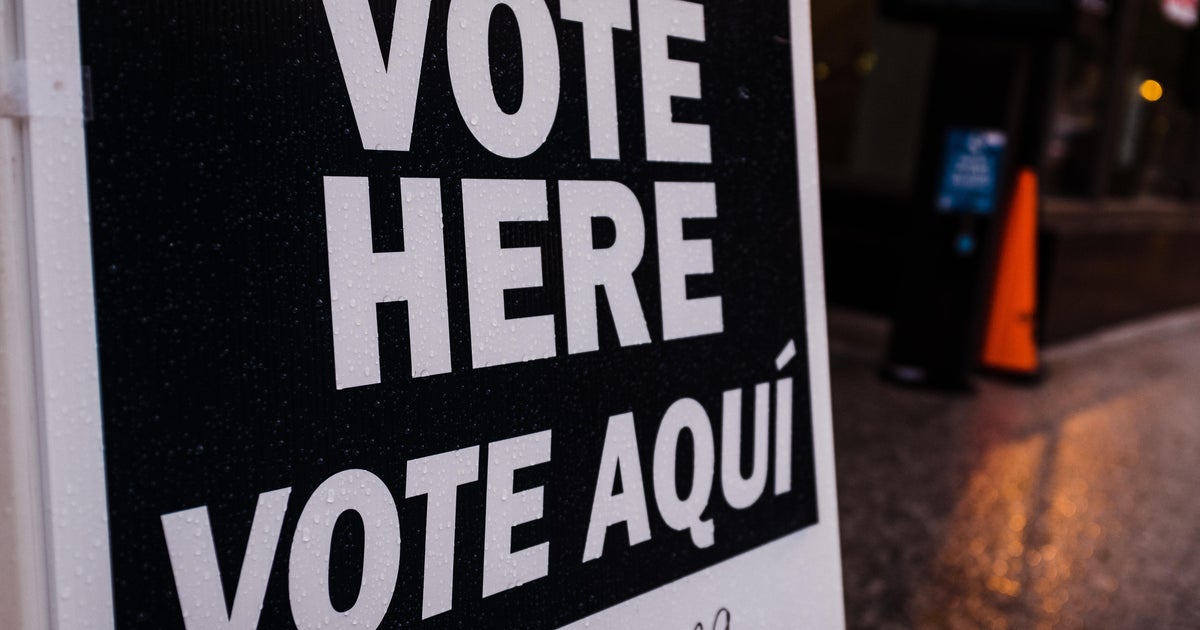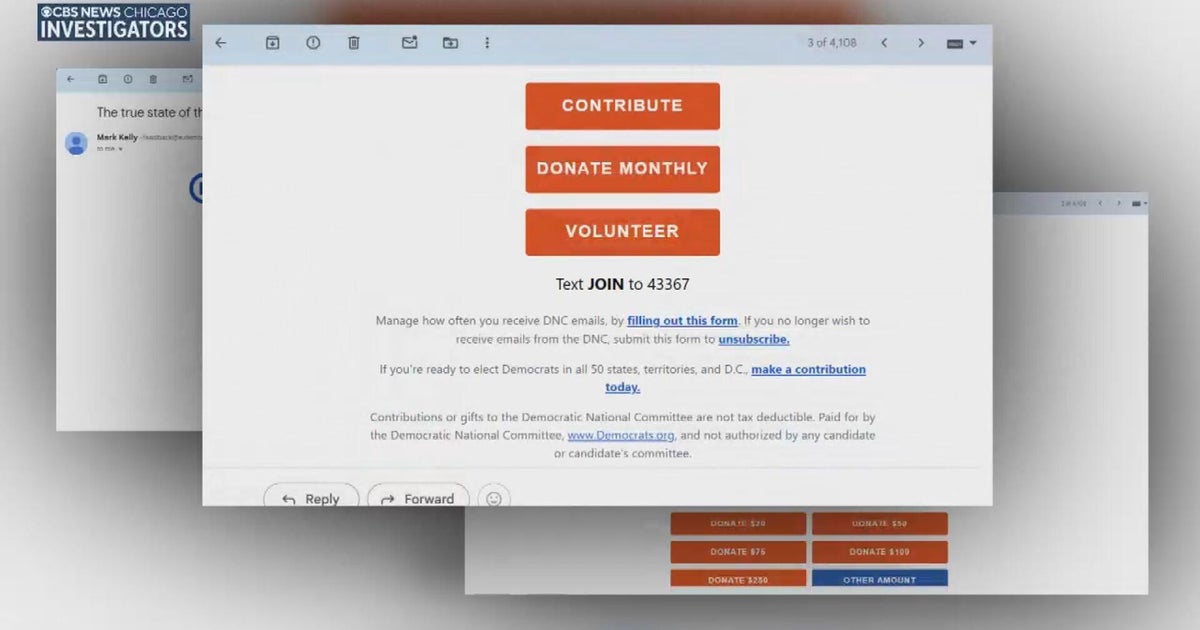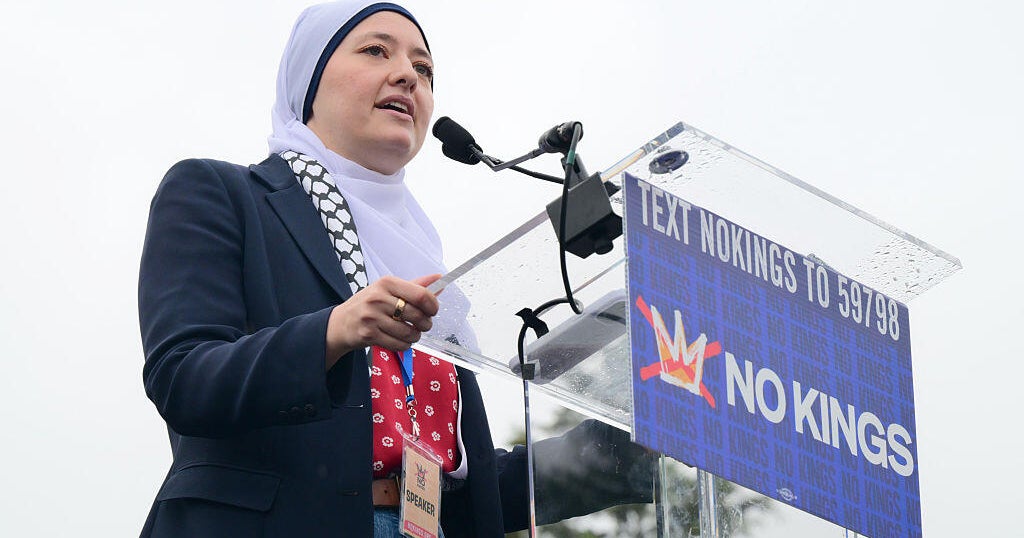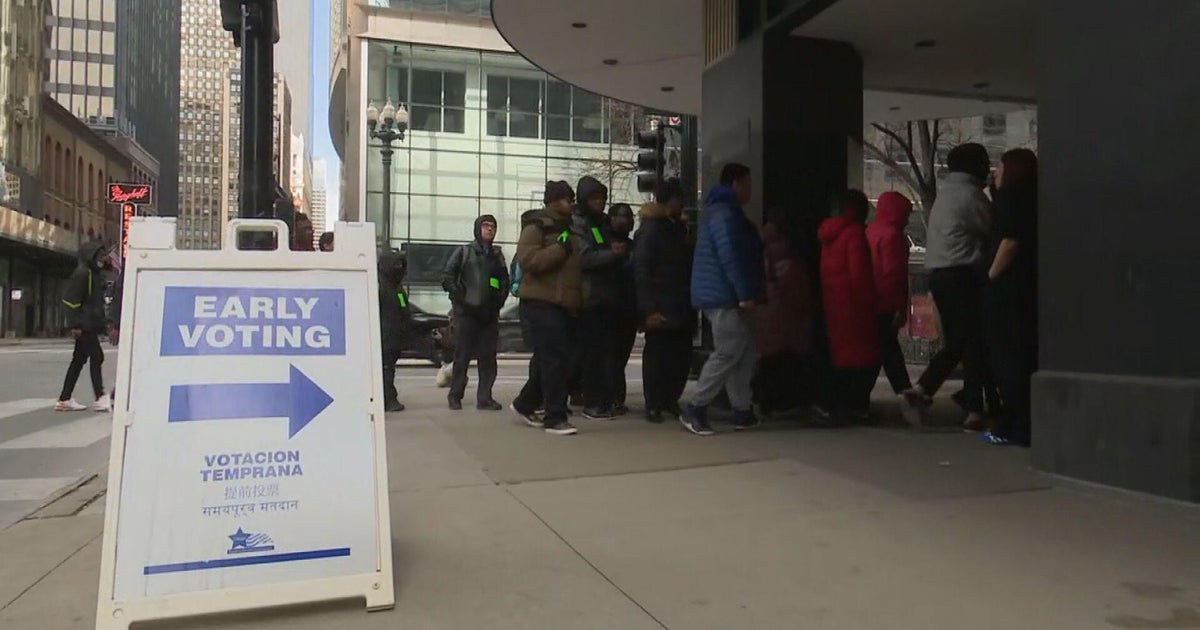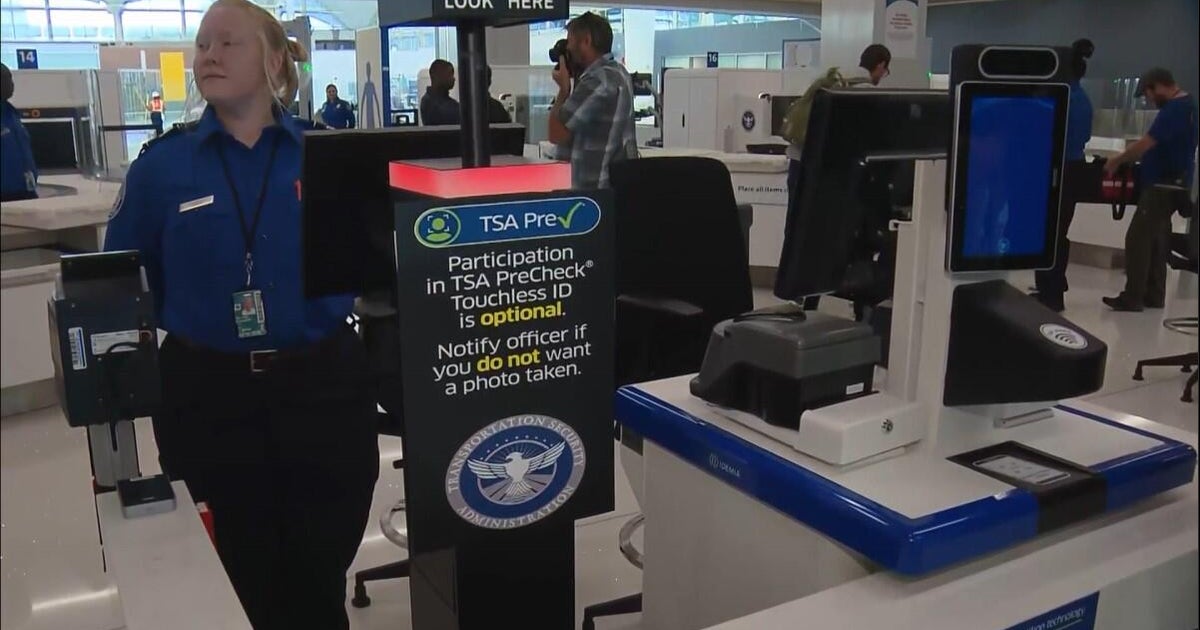Controversial Elections Overhaul Passes Fla. House
TALLAHASSEE (CBS4) – A controversial elections bill passed the House on a party-line vote late Thursday.
If passed in the Senate, the bill would overhaul the state's elections law including how next year's presidential primary could be set and make changes to the procedures for determining the eligibility of votes.
The bill (HB 1355) was debated Wednesday until 10:45 p.m. as the Republican-controlled House defeated Democratic amendments aimed to soften the 148-page bill. A companion bill (SB 2086) is in the Senate.
The House measure would shorten the time for early voting and require third-party voter-sign up groups to register with the state. The bill also would create a process to determine the date for the state's presidential primary.
Currently in Miami-Dade, voters have two weeks to cast ballots before election day. The elections bill would cut it to 6 days. That doesn't sit well with some voters. Abby Greenberg says, "Being at work all day and not knowing when you can get out, the more time they give you, the better."
Danny Orihuela, a college student , barely gets four hours of sleep a night because of his homework. He says, "the sooner I can get done with voting the easier it will be for me."
But Republican backers of the bill like Rep. Ana Rivas Logan of Miami say it's all about saving money, addressing fraud and streamlining the election process.
Other conservative supporters say the bill will tighten up standards and help lower the possibility of voter fraud.
"Our greatest responsibility is to protect the integrity of this process so the result has credibility," said Rep. Dennis Baxley, R-Ocala, the measure's sponsor.
Civil-rights groups and other opponents blast the measure as part of an organized, national effort to suppress voter turnout, particularly turnout among groups that might back President Barack Obama's re-election bid. A provision to prevent voters from changing their address at the polling place if they move from county to county, for example, is targeted at college-age voters, the bill's foes say. New regulations for organizations that run voter-registration drives are targeted at new voters.
"This bill makes it harder to register to vote, it makes it harder to vote and it makes it harder to have your vote counted," said Rep. Jeff Clemens, D-Lake Worth, at a press conference held by opponents Wednesday before the measure was taken up on the House floor.
At that event, Leon County Supervisor of Elections Ion Sancho blasted the bill as a copy of a model distributed by the American Legislative Exchange Council, a conservative, D.C.-based organization that provides a slate of suggested legislation to members.
"Every state that has a Republican Legislature is doing this, from Maine to Florida," Sancho said. "This is a national effort."
Baxley brushed aside that allegation after the vote, saying the measure was "built in the House" after discussions with staffers and elections supervisors, who have so far opposed the measure.
"I've never talked to [ALEC] about it," Baxley said.
During almost three hours of debate Wednesday evening, about 30 Democratic amendments - dealing with everything from fundraising laws to felons' voting rights - went down on party-line votes. Republicans turned aside an effort to do away with a proposed committee to set the state's presidential primary date and instead set the vote for the first Tuesday in March.
GOP leaders say the committee, which would be required to set a primary date by Oct. 1, is the best chance at making Florida a player in the presidential nominating process. The current schedule, which calls for a Jan. 31 vote, puts state Republicans on a collision course with the national party, which has threatened to slice into Florida's delegate total if it doesn't move its primary to March.
"I don't think that we should let the parties dictate the importance of our state's presidential preference primary," said House Majority Leader Carlos Lopez-Cantera, R-Miami.
Democrats, stung by a bitter fight over their delegates after the state's 2008 primary broke their party's rules, said Florida's status as a large swing state would make it important no matter when the vote is held.
"We are relevant, and the road to the presidency does come through Florida," said Rep. Joe Gibbons, D-Hallandale Beach, who sponsored the amendment.
The amendment was defeated on a 77-38 vote.
Republicans did add to the bill a measure that would overhaul the process for placing legislatively-sponsored constitutional amendments before voters after the Supreme Court struck several similar initiatives from the ballot last year. That bill (HB 1261) would allow the Legislature to propose multiple proposed ballot summaries and then place the text of the amendment on the ballot if all else fails.
"This makes sure that those amendments are taken to the people," said Rep. Dana Young, R-Tampa, during the discussion of HB 1261.
But Democrats questioned the need for the amendment and whether it gave the Legislature too much control over what matters go before voters and that Republicans could fix the problem by proposing straightforward ballot summaries to begin with.
"It sounds to me that this is a test where the teacher says there's a correct answer, but I give her five answers and tell her to pick one," said Rep. Darryl Rouson, D-St. Petersburg.
(©2011 CBS Local Media, a division of CBS Radio Inc. All rights reserved. This material may not be published, broadcast, rewritten, or redistributed. The News Service of Florida contributed to this report.)
